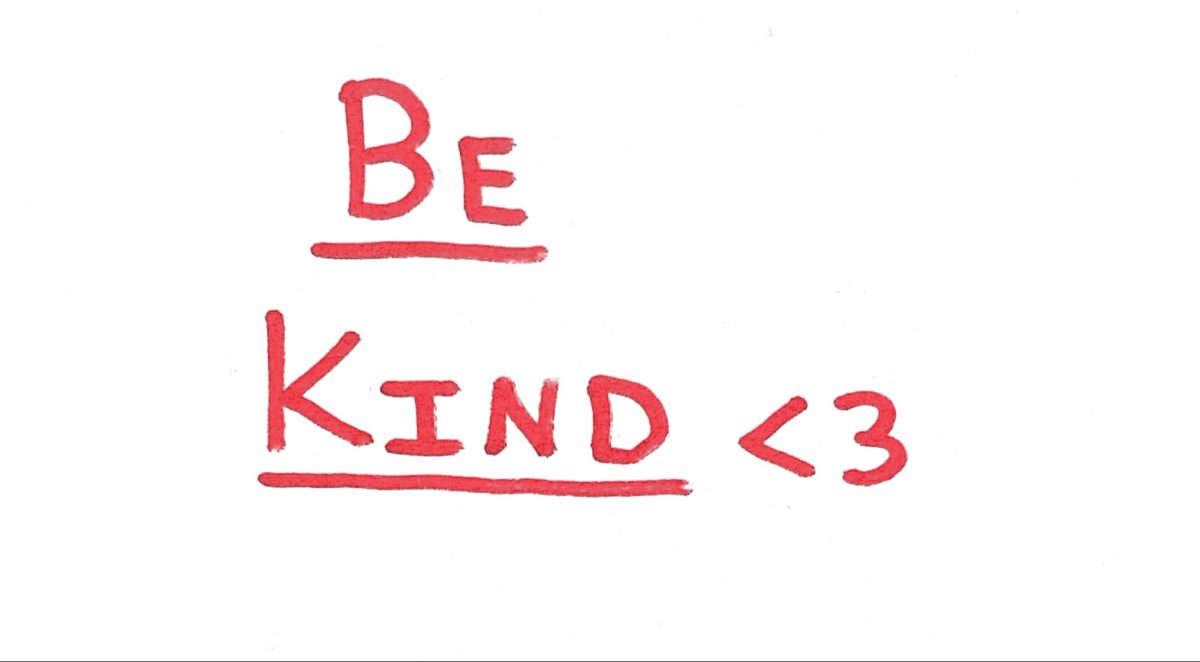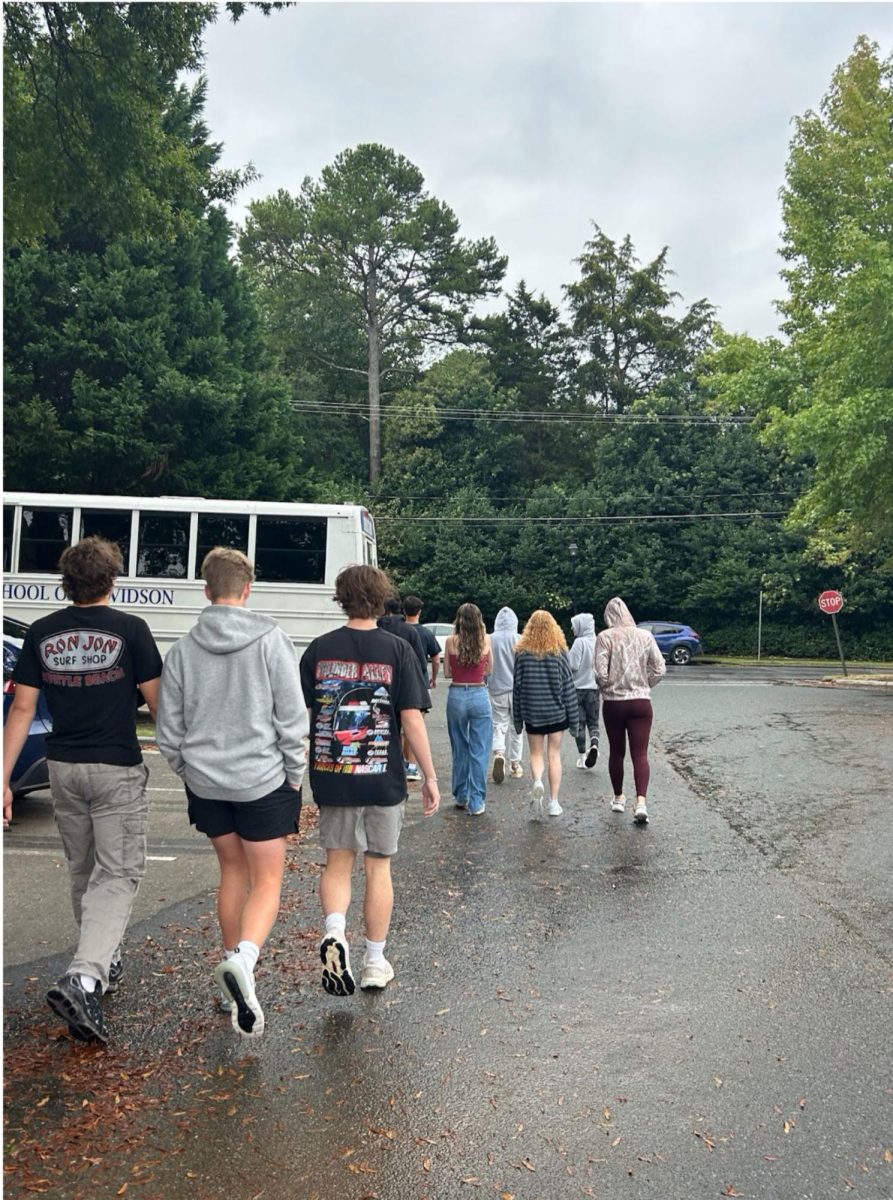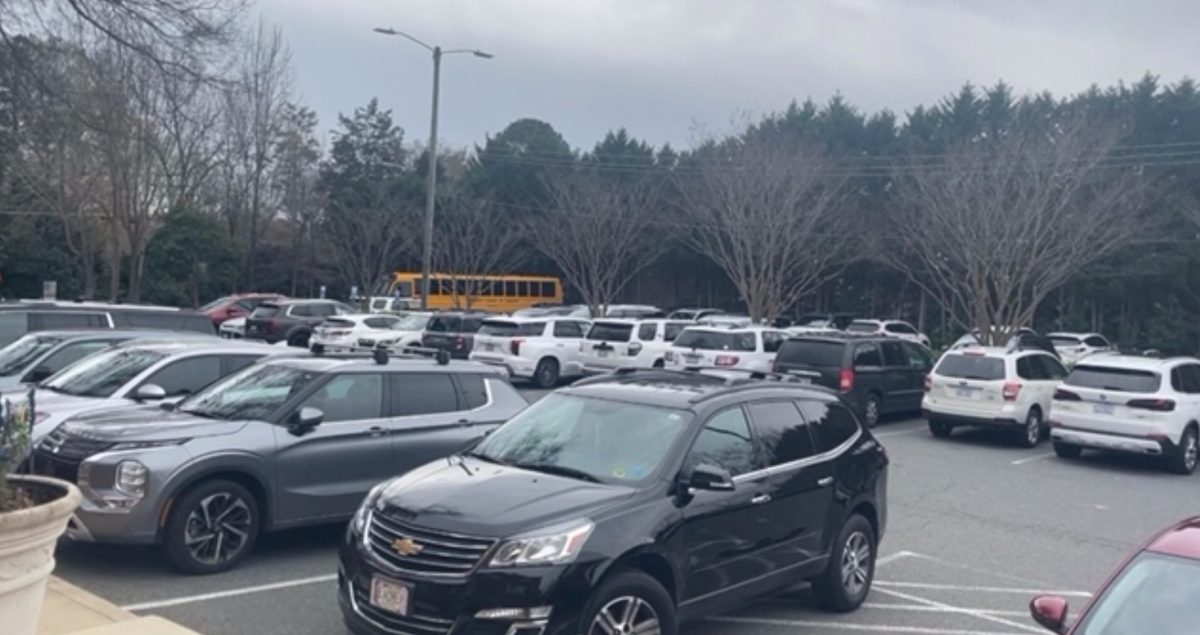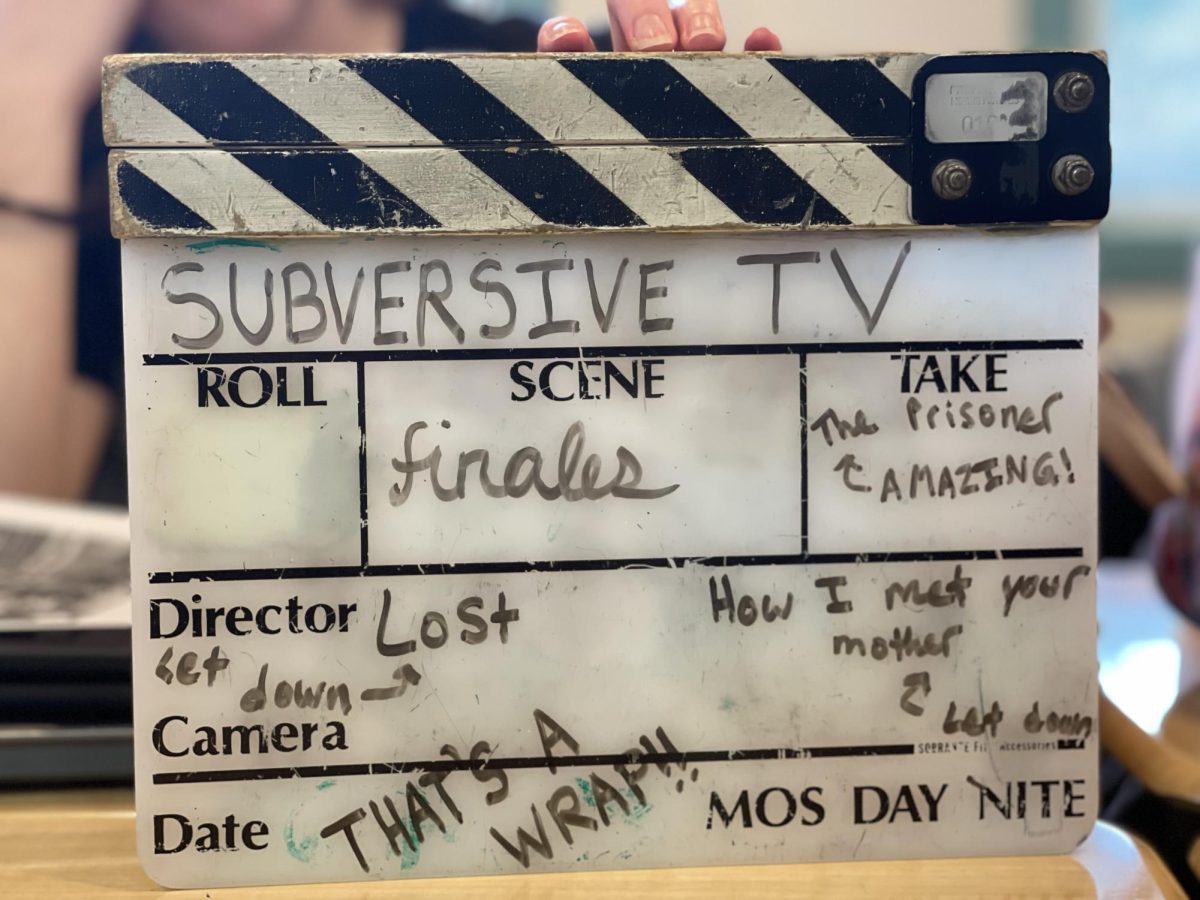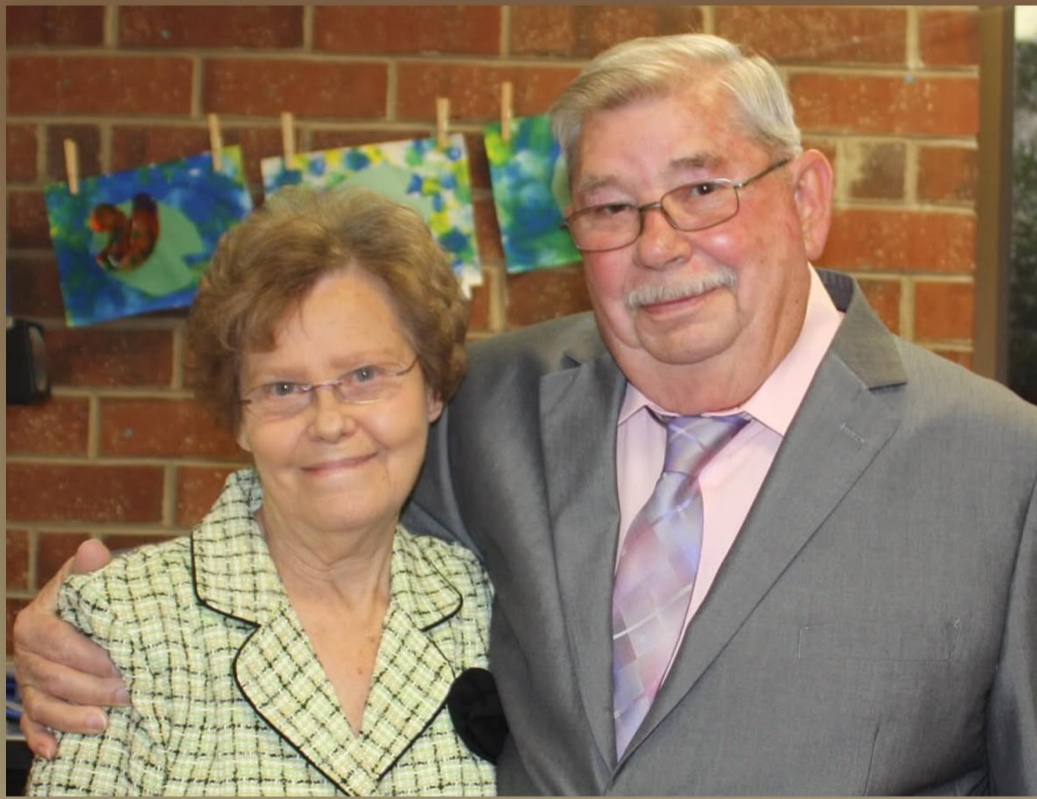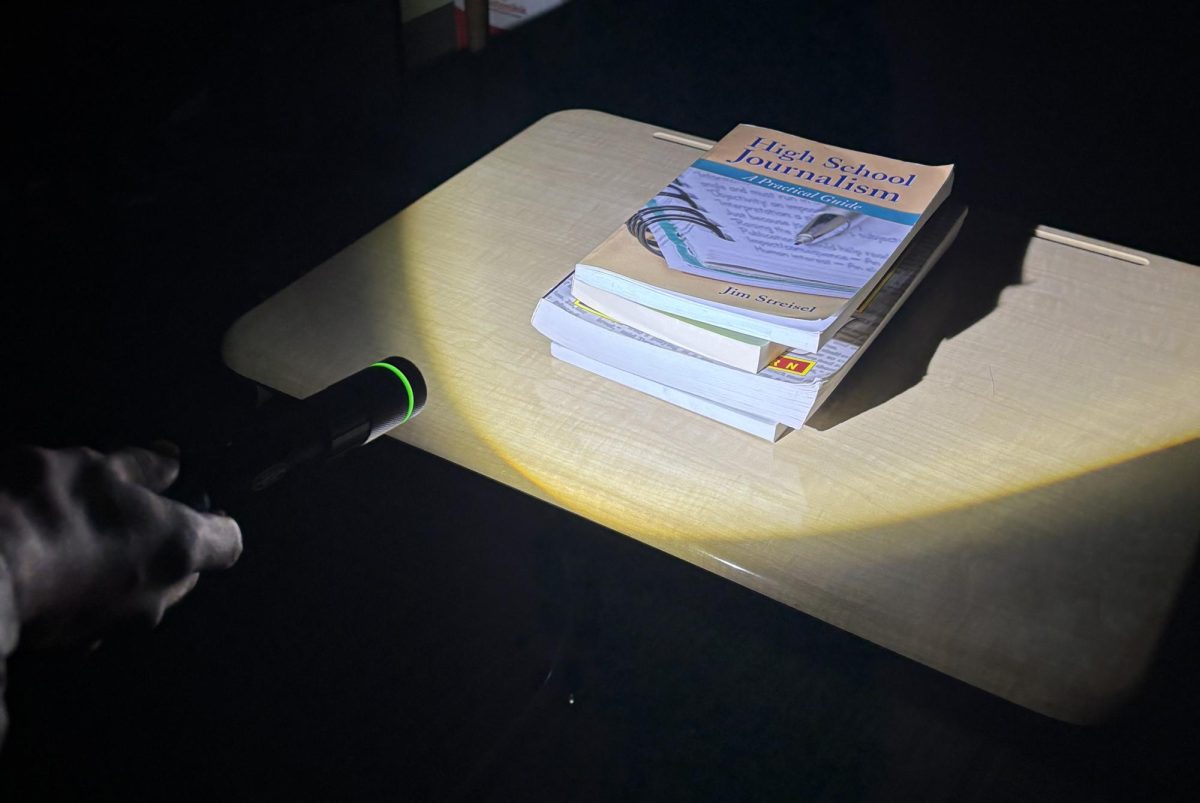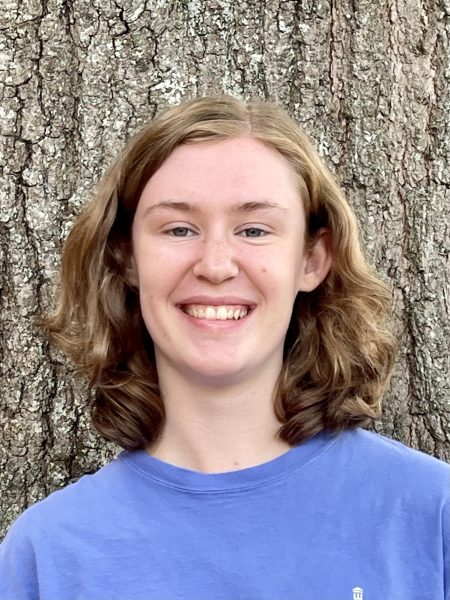Drive up windows are a great place for random acts of kindness to happen. Just ask Ava Jordan.
“One time I was in line to get Chick-Fil-A and there was a police officer behind me,” said Ava Jordan (‘24). “I asked the cashier, ‘can I pay for the car behind me?’ so they let me pay for it.”
After leaving the restaurant, the police officer pulled up alongside Ava and thanked her for what she did. The gesture, and his thanks, which happened two years ago, still stays with her.
“I actually thought about it for so long after that,” she said.”It was also sweet that he took time out of his day to literally follow me at least a mile and get out of his car at a red light and come up and talk to me. It just made my day brighter.”
Kindness can have scientific benefits. In the fields of both brain chemistry and statistics, the effects of kindness have demonstrated that they improve well being. Performing acts of kindness increases Oxytocin, Serotonin and releases endorphins while it decreases Cortisol by 23%.
Others doing favors for you is a very common act of kindness.
Having COVID is never fun, but having support can make it a little bit easier. CSD senior Noah Roberson learned this first hand after having COVID not for the first time, but for the first time that it affected him physically.
“One of my friends came by and dropped off one of my binders and also brought me a smoothie,” said Noah Roberson (‘24). “It made me feel a lot better because I had been in my house for three days up to that point and I really had nothing to do. I was starting to feel just bored and mentally drained.”
Doing something kind for another person can have benefits for both the giver and the receiver.
CSD junior Conner Shelton proved this when he gave a care package to a homeless man he saw on the side of the road while on a car trip.
“It made me feel really good, and I think I noticed as I went on in life over the next couple of years I was more aware of peoples’ situations,” said Conner Shelton (‘25). “It made me more prone to try to help as many homeless people as I can.”
While science and data support performing random acts of kindness, sometimes simple gestures from the heart make the biggest impact.
CSD freshman Isabel Sands experienced this from a friend on the day of the friend’s birthday party.
“I was feeling really anxious and it was the day of one of my best friends’ birthday parties,” said Isabel Sands (‘27). “I called her and she really calmed me down.”
When bad things happen to good people, random acts of kindness come in handy.
“Today I locked my keys in the car,” Ben Gallagher (‘25) said.
With dead batteries in his key FOB, he manually locked his doors and accidentally left the keys inside. As soon as the door shut, Ben knew he was in trouble. He had little time to wait because immediately after school he had baseball and did not want to be late.
His mom‘s act of kindness saved the day.
“My mom was kind enough to bring my keys,” Ben said. “I can drive home and get to baseball on time.”
Unexpected acts of kindness between friends can help a student be successful in the classroom.
One of sophomore Evan Mulligan’s friends demonstrated this by teaching Evan how to use Grammarly, which he did not know how to use beforehand.
“I didn’t really even know it existed because I wasn’t here in eighth grade when they kind of showed everyone how to use it,” said Evan Mulligan (‘26). “It has really helped me because when it comes to any sort of writing assignment, especially in English, it has easily boosted my grade for that by ten points.”
Plato famously suggested that people be kind to each other because no one knows the battles people are fighting.
This especially applies to high school students. Random acts of kindness, no matter how big or small, can make a huge positive impact.

